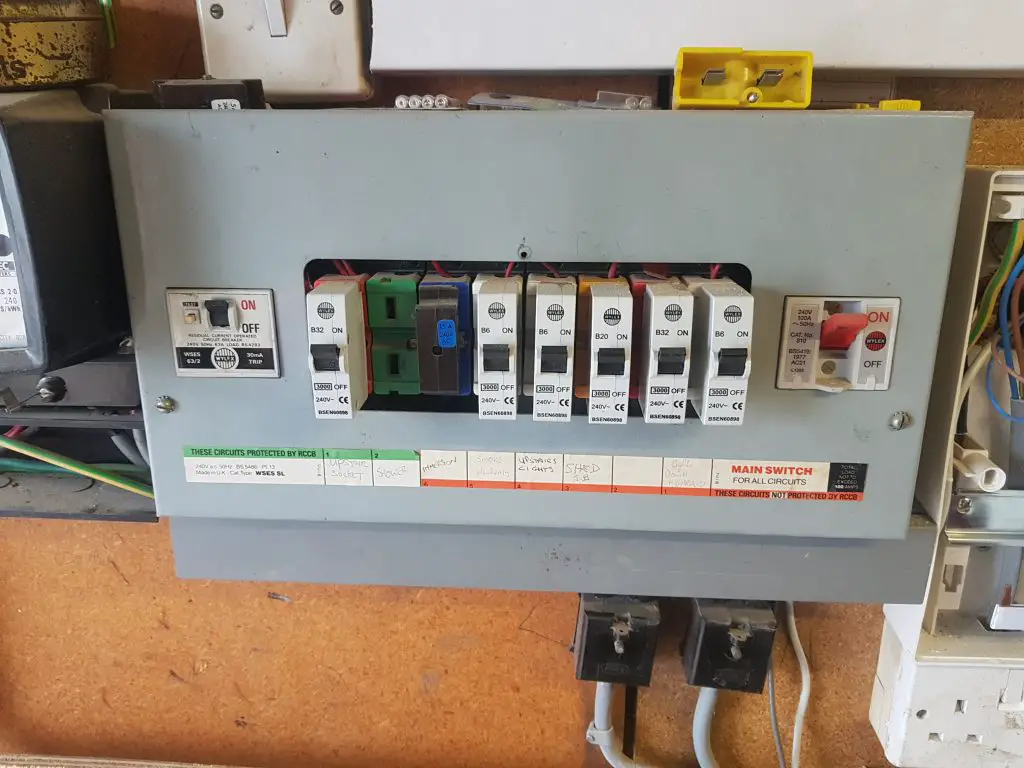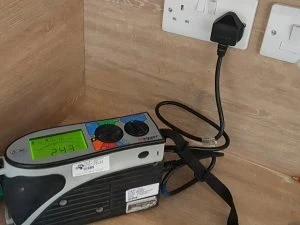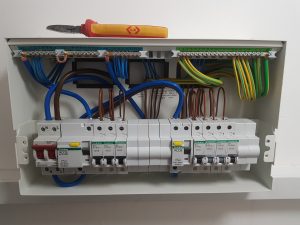As of 1st June 2020, it is a requirement for landlords in the private rental sector to have an electrical safety check completed every five years.
Initially this requirement applies to new tenancy agreements beginning from 1st July 2020. But, from 1st April 2021 existing tenants will also have their property inspected. So if you live in a private rented property then you should of already had the safety test completed.
Do I need an electrical safety inspection?
Any property that is let out by a private landlord will require an electrical safety inspection. This is a requirement of The Electrical Safety Standards in the Private Rented Sector (England) Regulations 2020.
This includes Houses of Multiple Occupation (HMO).
Does social housing properties require an electrical safety inspection?
Registered social housing providers, student halls and hotels are exempt from the regulations.
These properties will have their own schedule for electrical safety checks.
Who will carry out the inspection?
The landlord will arrange for a competent electrician to carry out an electrical safety check. For new tenancies this is likely to be carried out before the property is occupied.
What electrical testing is carried out?
The electrician will complete an Electrical Installation Condition Report (EICR). The electrician will complete a series of visual and physical tests.
Upon completion the electrician will produce a written report, complete with test results, and pass this on to the landlord. Any observations and defects within the installation will be recorded.
This report will prove that the electrical safety standards are met (BS7671 Requirements for electrical installations) and will receive a ‘satisfactory’ result. Or if further investigation/remedial works are required an ‘unsatisfactory’ result will be issued.
See our post What is an Electrical Installation Condition Report? for more information on the testing procedures.
What if remedial works are required?
The landlord must ensure that remedial works are completed within 28 days, or sooner if urgent work is required according to the report.
Any remedial works completed will need to be done by a competent electrician. An Electrical Installation Certificate or Minor Electrical Works Certificate will be needed on completion of these works. These Certificates along with the EICR will go together to show that the electrical safety of the occupant is not compromised, and the property is safe for continued use.
What happens if remedial works aren’t carried out?
The new regulations are to be enforced by local authorities.
If remedial works are not completed the local authority has the power to organise the remedial works and recover costs from the landlord.
Any landlord that is in breach of any of the regulations can face financial penalties of up to £30,000.
Does my property have to meet the latest 18th edition wiring regulations?
No.There is no requirement to meet the latest edition of the wiring regulations. Unless your home has been built or rewired in the last couple of years it wouldn’t meet current standards. The electrical regulations (BS7671) are constantly being updated so it is impractical to try and meet these standards. Cars manufactured 20 years ago don’t meet today’s standards, but this isn’t to say they are unsafe, EICR’s work on a similar principle.
The electrician carrying out the report will be mainly be looking for things that will cause immediate or potential danger. For example a cracked socket which may expose live parts, or a cover missing off a consumer unit would be seen as an immediate danger.
Wiring issues may be found that also need to be rectified, these aren’t always obvious until testing has commenced. For example , incorrect cable size used to feed a shower, or loose connections in a socket ring circuit.
Items that are found that don’t necessarily comply with current regulations but don’t cause immediate danger will be recommended for improvement.



